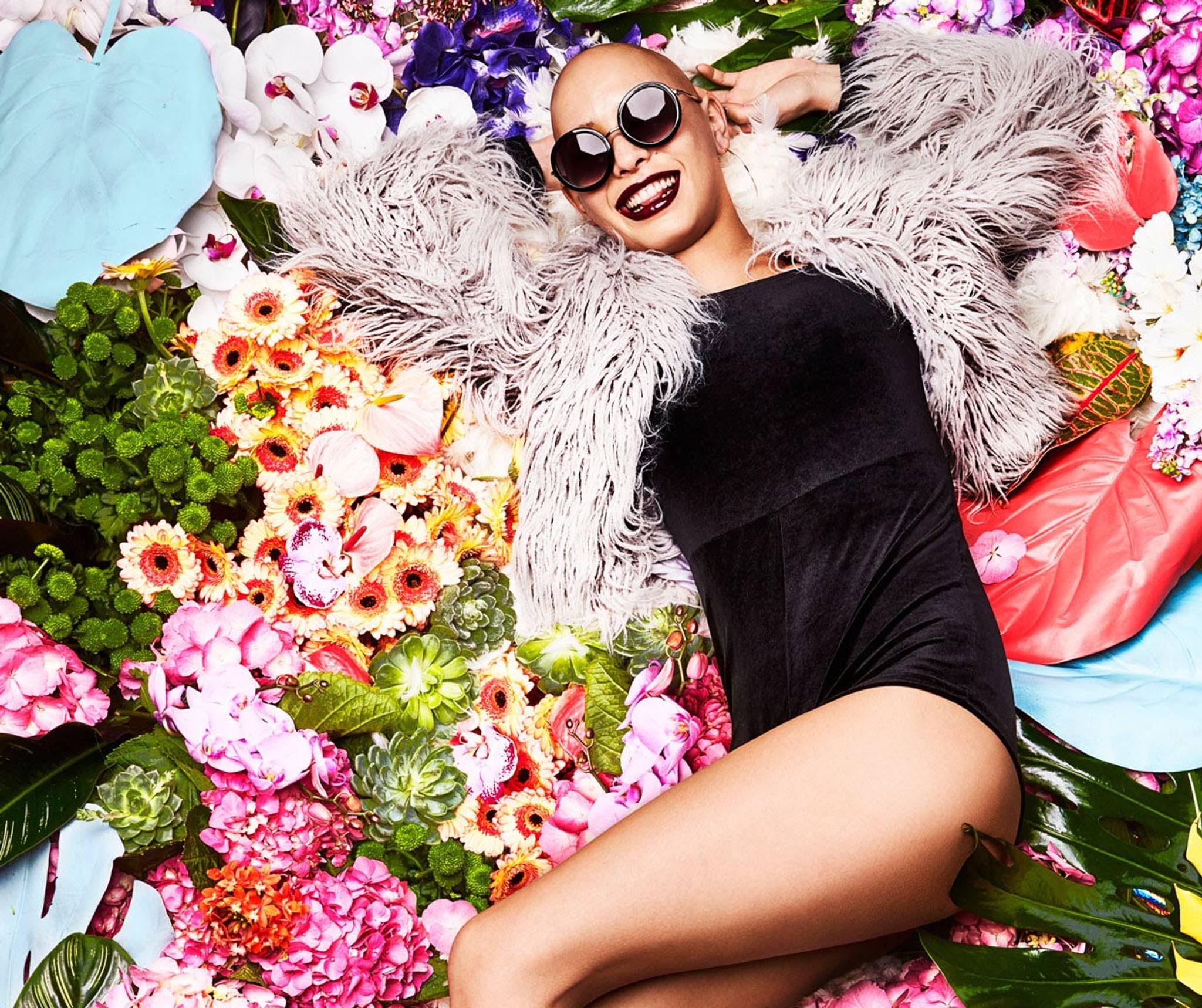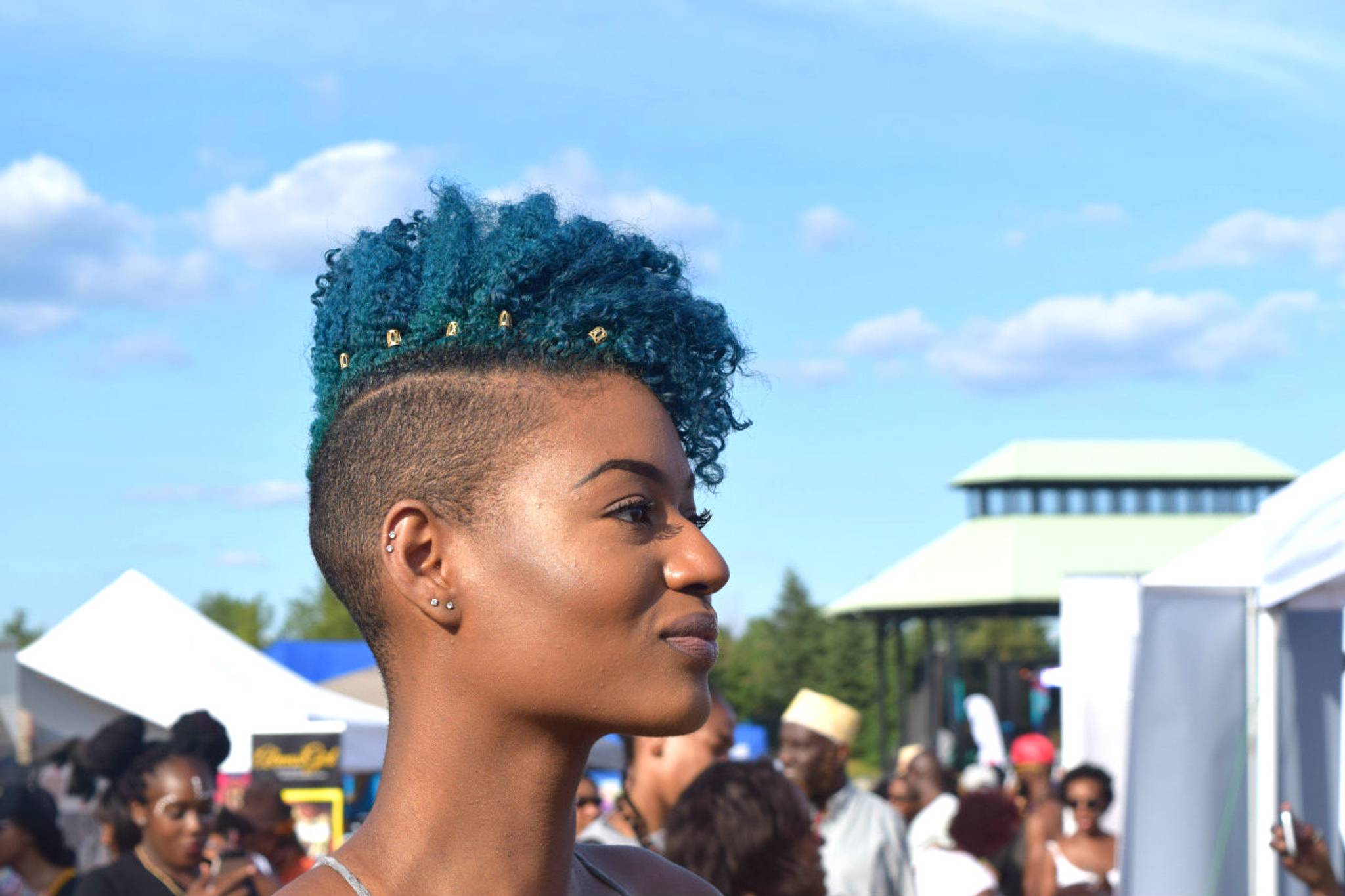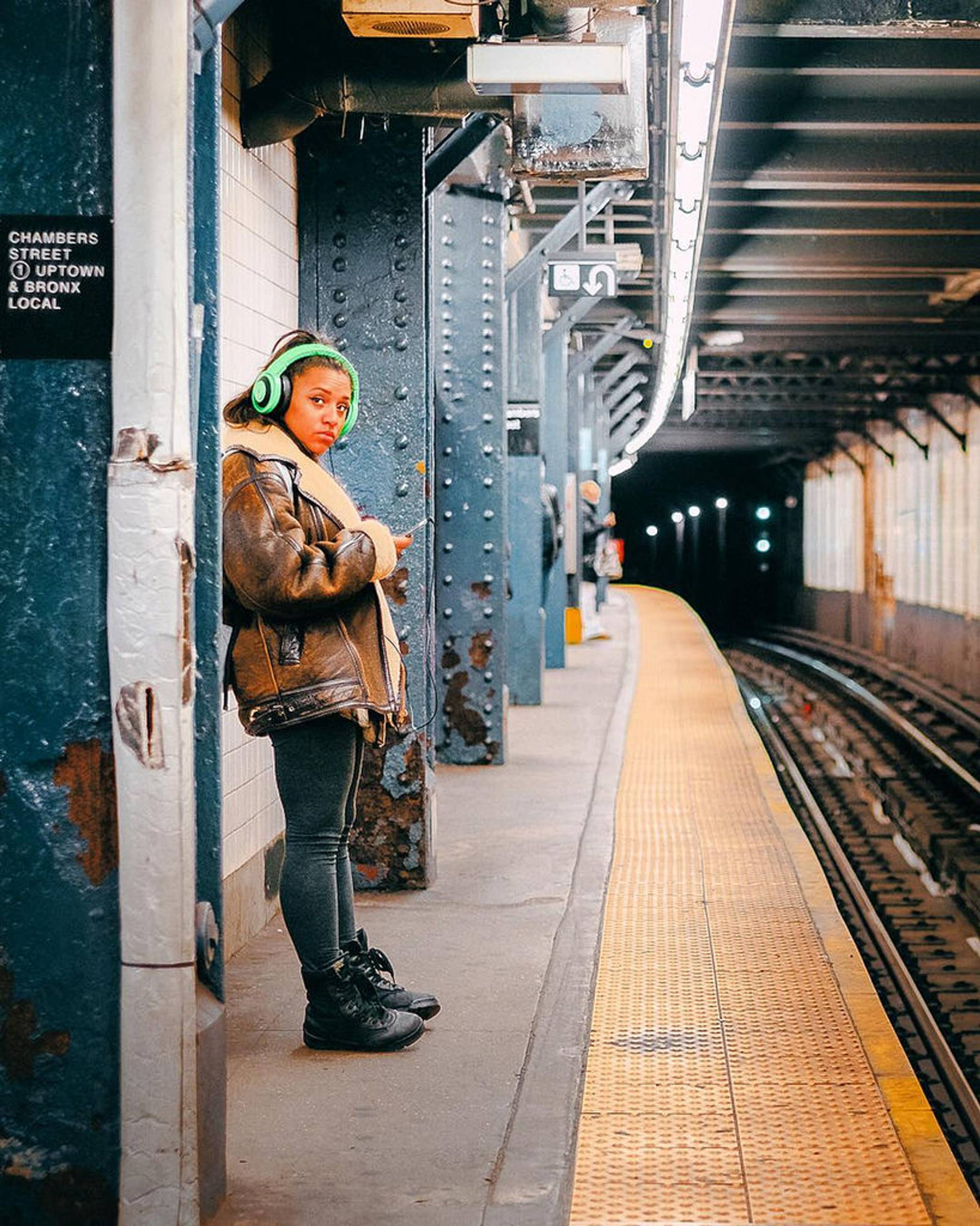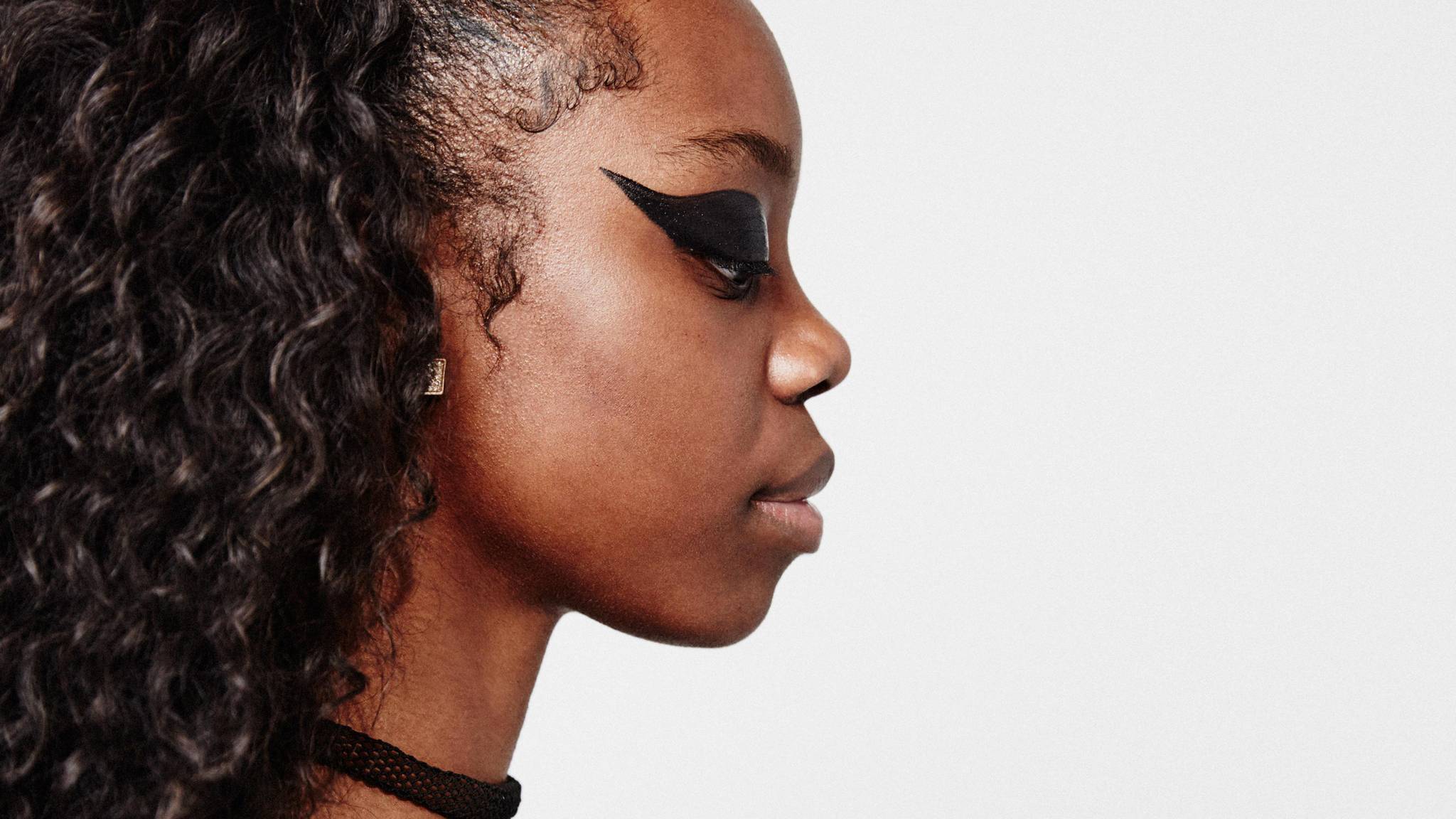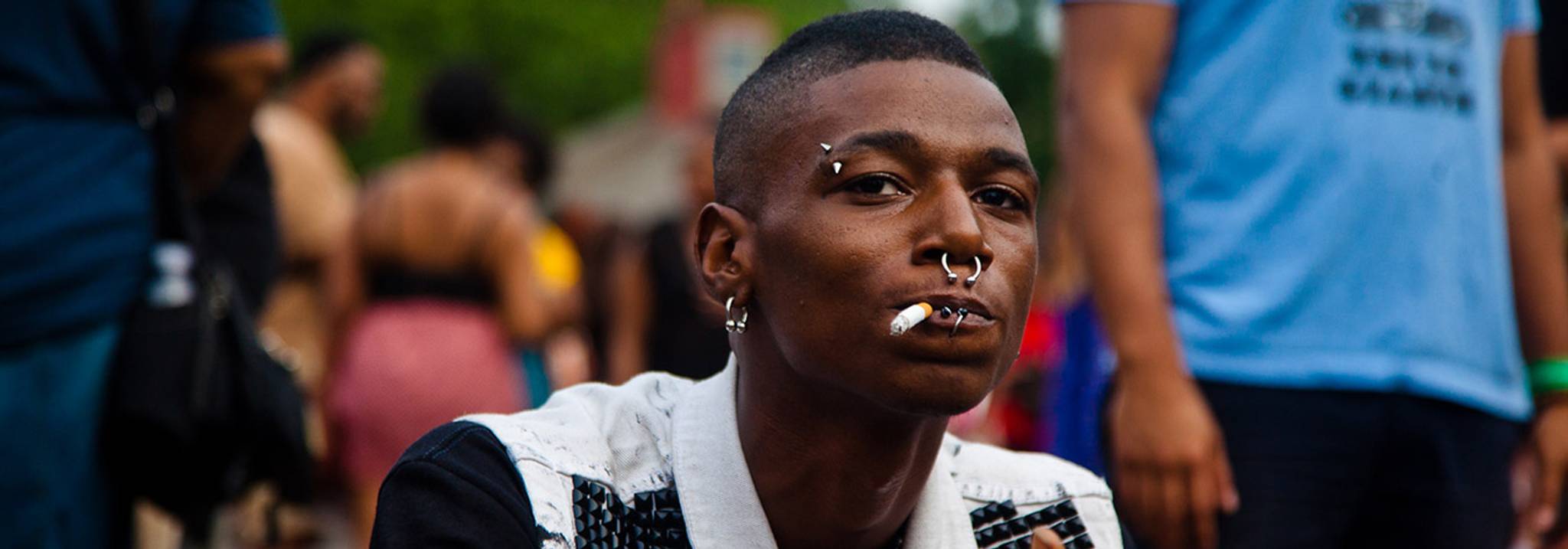
From hip hop and sneakerheads to viral dance crazes to Black Twitter, black youth culture has long been ground zero for American cool. Born of equal parts success and struggle, the American experience of African Americans is a tremendous cultural force throughout the world. We uncover the insights behind how Afropunk is shifting cultural conversations in the US.
Armed with smartphones and social media, young black trendsetters have never been more influential in the worlds of music, art, design, and fashion. Their triumphs are paying off too; it’s estimated that black consumers in the US had a combined spending power of $1.2 trillion in 2015, with that figure set to rise to $1.4 trillion by 2020.
Despite their tremendous contributions to US culture, the relationship between African Americans and the media has not been without controversy. Rife with inequality, racism and economic exclusion, the depiction of black youth has been, at times, damaging and severely limited in its scope of representation. Today's young African Americans – especially those in the Afropunk movement – are now actively rebelling against old stereotypes, using their voices both online and off to redefine what it means to be young, black and proud in the States.
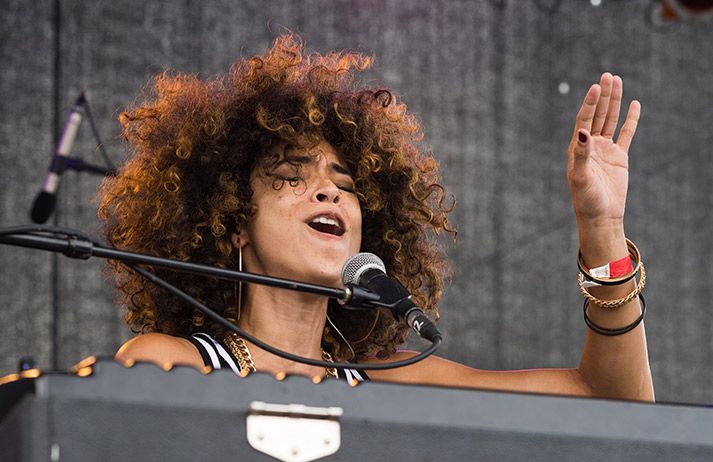
The range of fashion on display at the AFROPUNK festival, held in Brooklyn’s Commodore Barry Park each year, is like “Africa on Acid,” says Folami, a vocalist for the band Chic. Although fashion plays a key role in the Afropunk movement, the festival’s organisers say it’s far more about the plurality and fluidity of African American identity and expression. Its spirit channels how black youth seem a lot less concerned about societal expectations and are keen to tap into their inner rebel. Brands that have aligned themselves with the festival – including Dr. Martens, Red Bull and MAC have “understood a reality about American commerce and culture that transcends race: today’s left-field weirdo might be tomorrow’s global icon,” notes PopMatters writer Mark Reynolds.
The key to understanding Afropunk is in its freedom to change attitudes, says Vernon Reid, co-founder of Black Rock Coalition. “Black people are not a monolithic, easy-to-categorise-and-discard conceptual space,” he says. “Technology is shifting certain things, but not the fundamental principles: that everyone invested in a certain narrative about black identity has a right to agree or disagree with the prevailing wisdom, or the lack thereof, and set it to their own soundtrack.”
Andrea Graham Richeson is a researcher for Canvas8, which specialises in behavioural insights and consumer research. She is a New York-based writer and consumer anthropologist studying youth culture, gaming, fandoms, social media, and new media. She is the founder of Youth Tribes.
